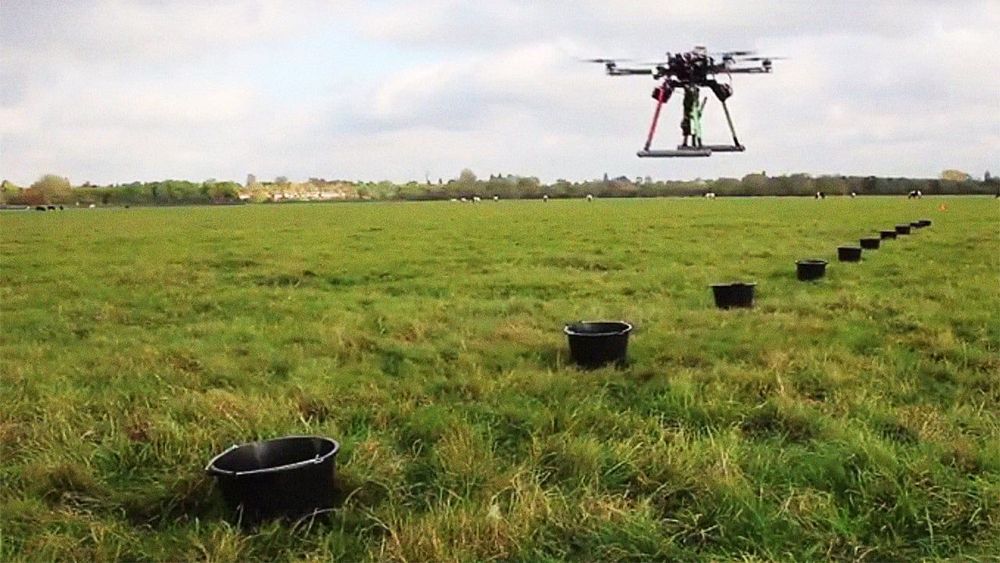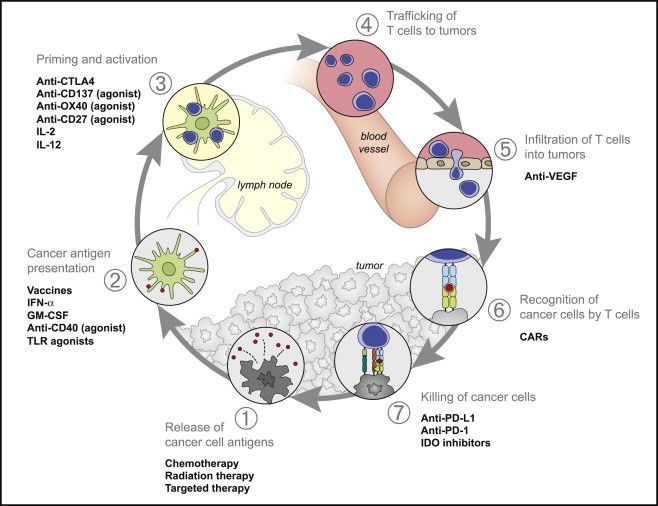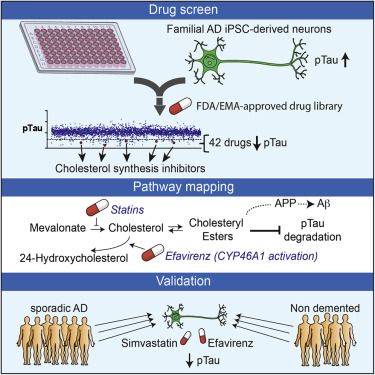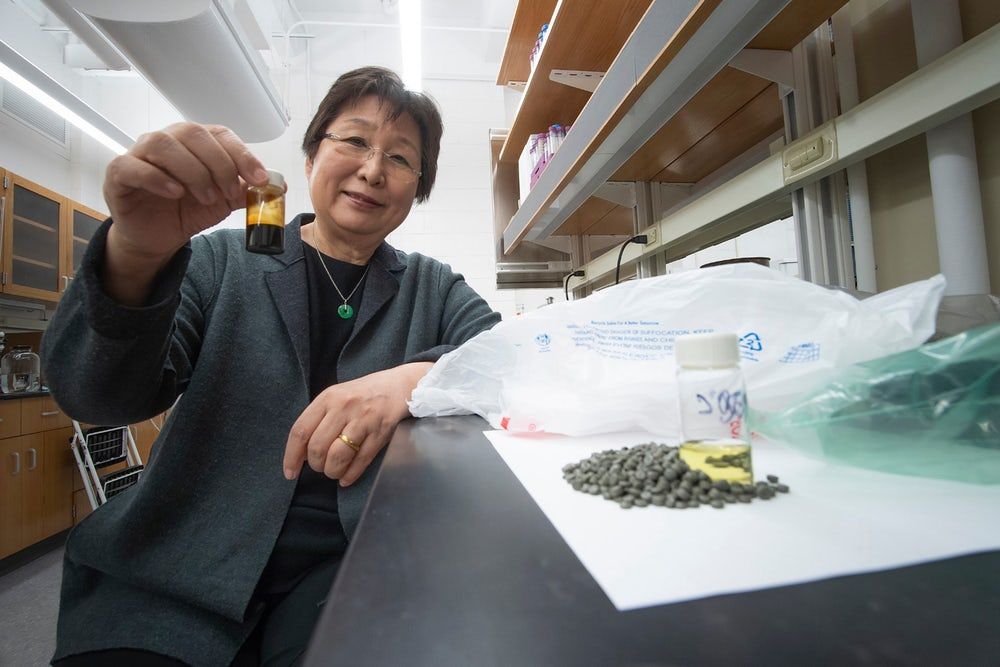Page 9042
Feb 17, 2019
Research: Planting Trillions of Trees Could Cancel Out CO2 Emissions
Posted by Quinn Sena in categories: climatology, sustainability
Unlike high tech solutions to climate change like carbon capture systems, Crowther argued, trees are nice because anyone can plant one.
“It’s a beautiful thing because everyone can get involved,” he told The Independent. “Trees literally just make people happier in urban environments, they improve air quality, water quality, food quality, ecosystem service, it’s such an easy, tangible thing.”
READ MORE: Massive restoration of world’s forests would cancel out a decade of CO2 emissions, analysis suggests [The Independent].
Feb 17, 2019
These Tree-Planting Drones Are About To Start An Entire Forest From The Sky
Posted by Quinn Sena in categories: drones, engineering
Villages have spent years replanting mangroves along the Irrawaddy River in Myanmar. Now their work will go much faster, with some help from above.
“We are now racing against time to rebuild the green shield in order to protect the most vulnerable people.” [Photo: BioCarbon Engineering].
Feb 17, 2019
How the Brain Keeps Its Memories in the Right Order
Posted by Genevieve Klien in category: neuroscience
The brain can’t directly encode the passage of time, but recent work hints at a workaround for putting timestamps on memories of events.
Feb 17, 2019
The End Of Work: The Consequences Of An Economic Singularity
Posted by Genevieve Klien in categories: biological, economics, engineering, robotics/AI, singularity
How will artificial intelligence, molecular manufacturing, biological engineering and distributed additive manufacturing change the economics of the production of goods and services?
Feb 17, 2019
One would think one third of the universe’s matter would be easy to find
Posted by Michael Lance in category: cosmology
However, when astronomers add up all the mass of normal matter in the universe, a third of it can’t be found. (This missing matter is distinct from the still-mysterious dark matter.) However, the matter might be contained in gigantic strands of hot gas in intergalactic space, which are invisible to optical light telescopes. Data from Chandra X-ray Observatory and other telescopes are on the case: https://go.nasa.gov/2N7nWj6
Feb 17, 2019
Oncology Meets Immunology: The Cancer-Immunity Cycle
Posted by James Christian Smith in categories: biotech/medical, genetics
The genetic and cellular alterations that define cancer provide the immune system with the means to generate T cell responses that recognize and eradicate cancer cells. However, elimination of cancer by T cells is only one step in the Cancer-Immunity Cycle, which manages the delicate balance between the recognition of nonself and the prevention of autoimmunity. Identification of cancer cell T cell inhibitory signals, including PD-L1, has prompted the development of a new class of cancer immunotherapy that specifically hinders immune effector inhibition, reinvigorating and potentially expanding preexisting anticancer immune responses. The presence of suppressive factors in the tumor microenvironment may explain the limited activity observed with previous immune-based therapies and why these therapies may be more effective in combination with agents that target other steps of the cycle. Emerging clinical data suggest that cancer immunotherapy is likely to become a key part of the clinical management of cancer.
Feb 17, 2019
Cholesterol Metabolism Is a Druggable Axis that Independently Regulates Tau and Amyloid-β in iPSC-Derived Alzheimer’s Disease Neurons
Posted by James Christian Smith in categories: biotech/medical, genetics, neuroscience
Genetic, epidemiologic, and biochemical evidence suggests that predisposition to Alzheimer’s disease (AD) may arise from altered cholesterol metabolism, although the molecular pathways that may link cholesterol to AD phenotypes are only partially understood. Here, we perform a phenotypic screen for pTau accumulation in AD-patient iPSC-derived neurons and identify cholesteryl esters (CE), the storage product of excess cholesterol, as upstream regulators of Tau early during AD development. Using isogenic induced pluripotent stem cell (iPSC) lines carrying mutations in the cholesterol-binding domain of APP or APP null alleles, we found that while CE also regulate Aβ secretion, the effects of CE on Tau and Aβ are mediated independent pathways. Efficacy and toxicity screening in iPSC- derived astrocytes and neurons showed that allosteric activation of CYP46A1 lowers CE specifically in neurons and is well tolerated by astrocytes. These data reveal that CE independently regulate Tau and Aβ and identify a druggable CYP46A1-CE-Tau axis in AD.
Van der Kant et al. performed a repurposing drug screen in iPSC-derived AD neurons and identified compounds that reduce aberrant accumulation of phosphorylated Tau (pTau). Reduction of cholesteryl ester levels or allosteric activation of CYP46A1 by lead compounds enhanced pTau degradation independently of APP and Aβ.
Feb 17, 2019
A new chemical process could turn a quarter of our plastic waste into clean fuel
Posted by Shane Hinshaw in categories: chemistry, engineering, sustainability
A new chemical process could turn about 90% of the world’s grocery bags, shrink wrap, and other polypropylene waste into clean fuel.
Grocery bags and other trash could be melted down to yield useful products like oil and gas.
The problem: The world’s landfill sites and oceans are being flooded with plastic. A mere 9% of the 8.3 billion tons of plastic produced over the last 65 years has been recycled, according to the United Nations. Over eight million tons of plastic flow into our oceans every year, harming wildlife.
Feb 17, 2019
Transmedics, une machine qui permet de « réanimer » un coeur ayant cessé de battre
Posted by Lily Graca in category: biotech/medical
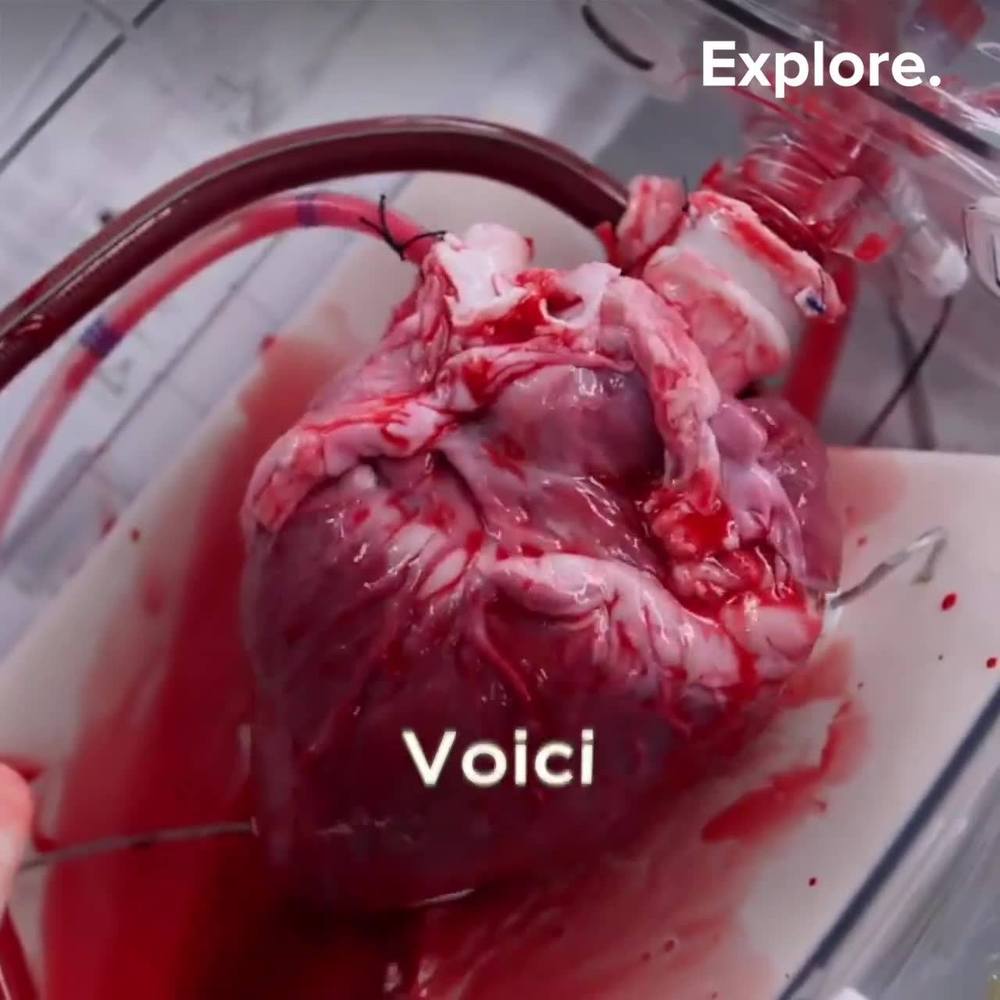
Une belle avancée pour augmenter considérablement le nombre de greffons disponibles pour les transplantations!
Via Explore Science
Transmedics, a machine that allows “Revive” a heart that has stopped beating. A great advance to significantly increase the number of plugins available for transplants! Via @[1382701505100571:274:Explore Science].


